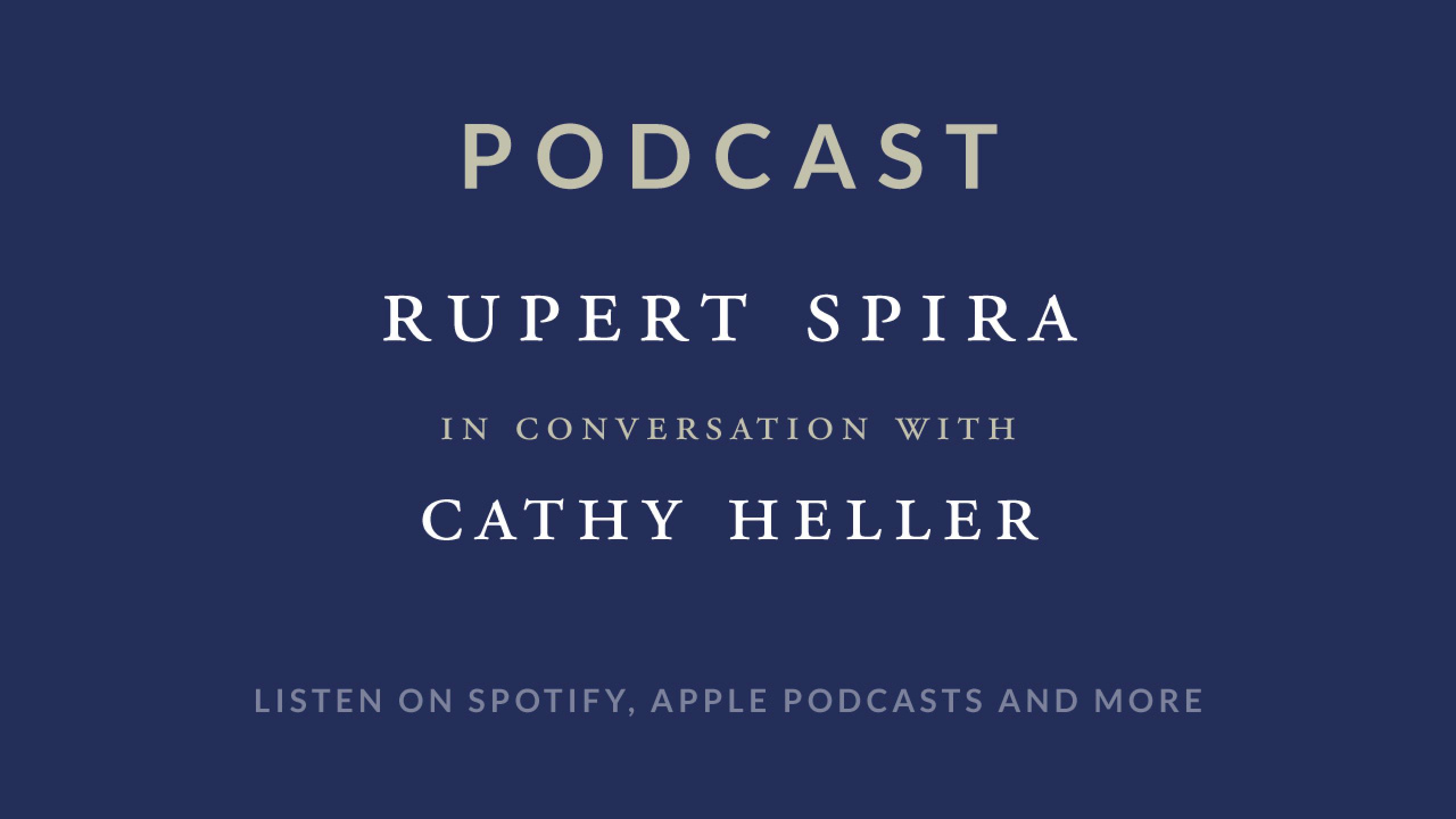She begins by asking Rupert about his spiritual journey, which he summarises: from Rumi in my teens, to classical Advaita Vedanta, to tantric Kashmiri Shaivism, then back to myself. He says he was eventually brought back “to this recognition that the nature of my being is peace itself. But I had to go on a great adventure, had to leave home, travel around the world, only to return home again and find that what I’d been seeking was there at home all the time.”
While resonating with the truth of this statement, Cathy describes having “an empty hole inside of me”, a “homesick feeling in my stomach”. Rupert replies, “We’re homesick for something we already know, a place we’ve already been to, but we just can’t find our way back”. That place, he says, is not mysterious or difficult to access because it lies behind all our experience. We just overlook or ignore it.
Cathy speaks of the predicament she and many others sometimes find themselves in, one of needing to please others in order to feel a sense of self – a state of depletion and unworthiness, a ‘collapsed sense of self’. When we lose touch with our being, Rupert explains, we may mistakenly look to friendships, relationships to fill the void.
“Our friendships, as a result, become superficial, fragile, prone to misunderstanding, to hurt, to resentment. But we all know real friendship. We all know what it’s like to be with someone where you feel that the friendship is heart to heart, being to being. That’s what love is: the recognition of our shared being.”
Cathy relates her first encounter with meditation, with Jon Kabat-Zinn at the UCLA Mindfulness Awareness Research Center, and how she got up and walked out because she found it so difficult. Then she realised she wanted to try it again and has now developed a meditation practice, but she describes herself as still a beginner. She asks Rupert about meditation, but instead of describing a process, he takes her through an experiential experiment; a simple series of questions and answers designed to bring her back to her being.
“Meditation”, he says, “is not something we do. It’s what we are.”
When Cathy enquires about the sort of paradox that when people experience joy or peace, they also fear those feelings at the same time, Rupert relates the following analogy:
Consider the moth and the flame. The moth sees a candle at a distance in the open window, and the candlelight is the only thing the moth wants. It’s attracted to the light, so it flies towards the candle. As long as it’s flying towards the candle, the candle is what it wants above all else. It goes in a straight line for the candle until it gets about three inches away. And then suddenly it realises, in order to have the candle, I must die. Because the moment it touches what it wants, it dies.
Well, the moth is the ego and the candle is happiness, joy. The candle of joy is the one thing the ego wants above all else, but the moment the ego touches that joy, it dies. Why? Because joy is the loss of the sense of separation.
Cathy’s final question is about use of the word God. Rupert acknowledges that for some, the word is provocative and immediately creates a barrier, whereas for others, it “takes them directly to the one reality that underlies everything.”
He says he likes it. “It takes me from the appearance of multiplicity and diversity, the ten-thousand things, to the one reality that lies behind the appearance and expresses itself as the appearance. So it immediately connects my heart.” But it has to be used carefully.
Listen on Apple Podcasts, Spotify and more.

